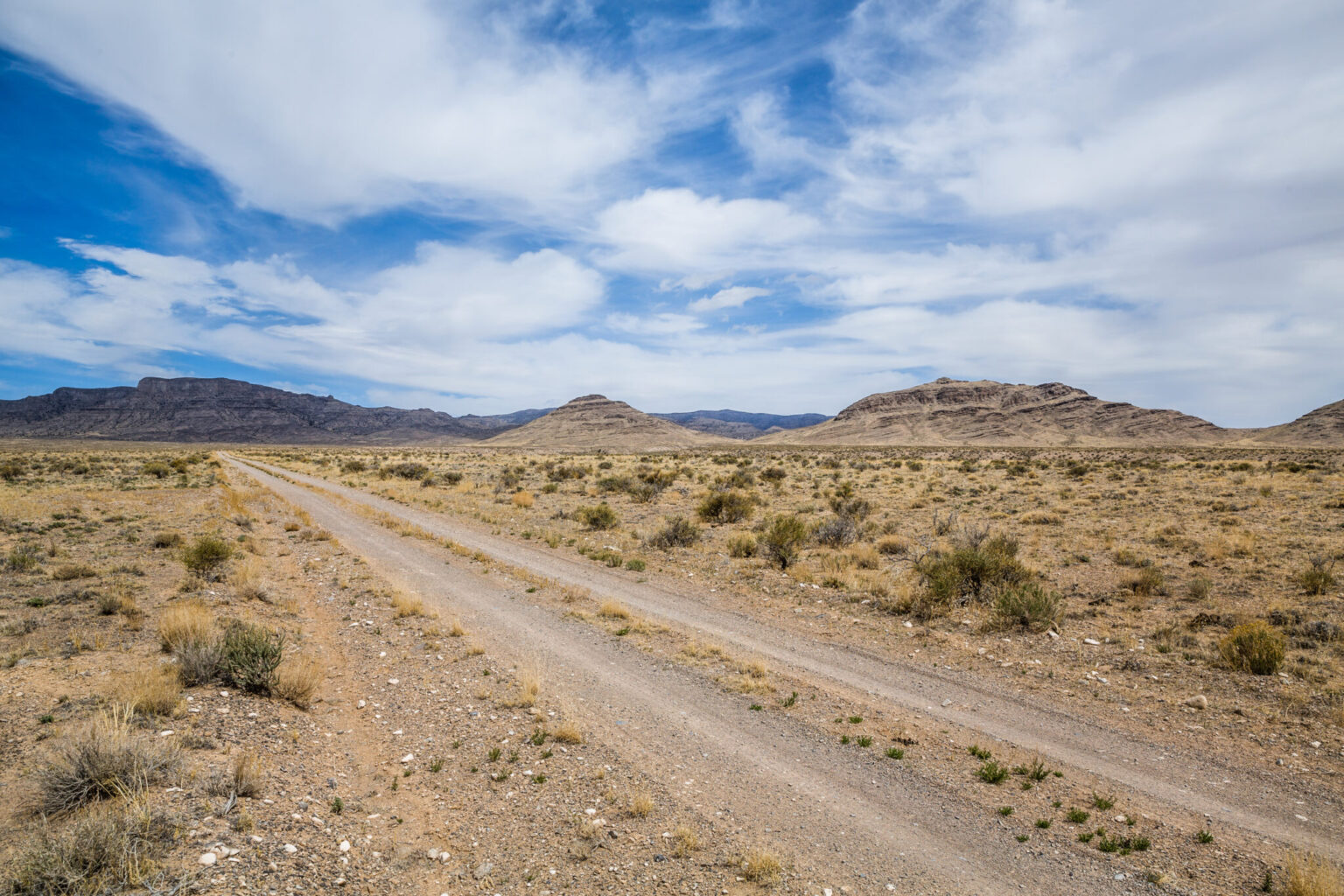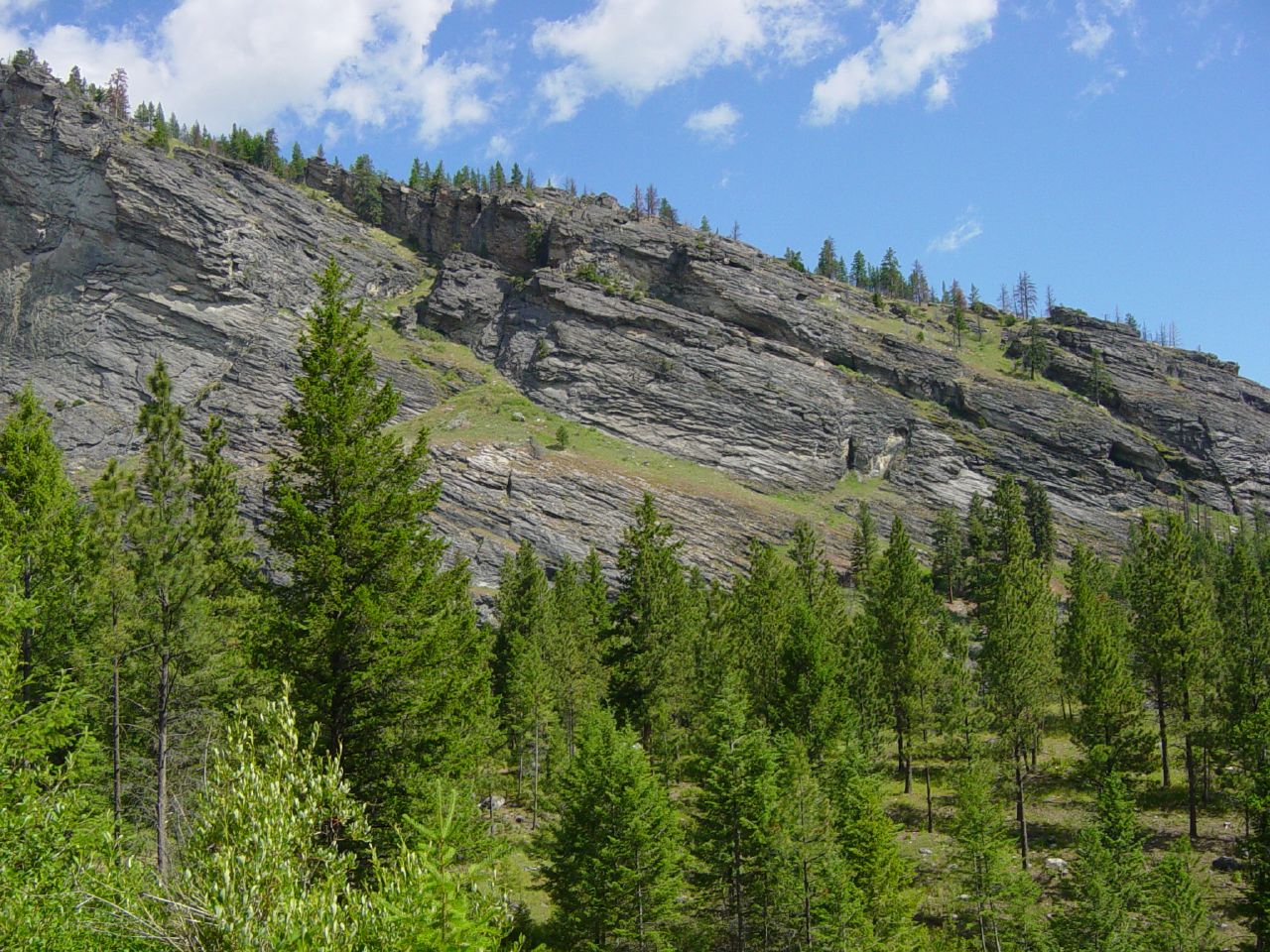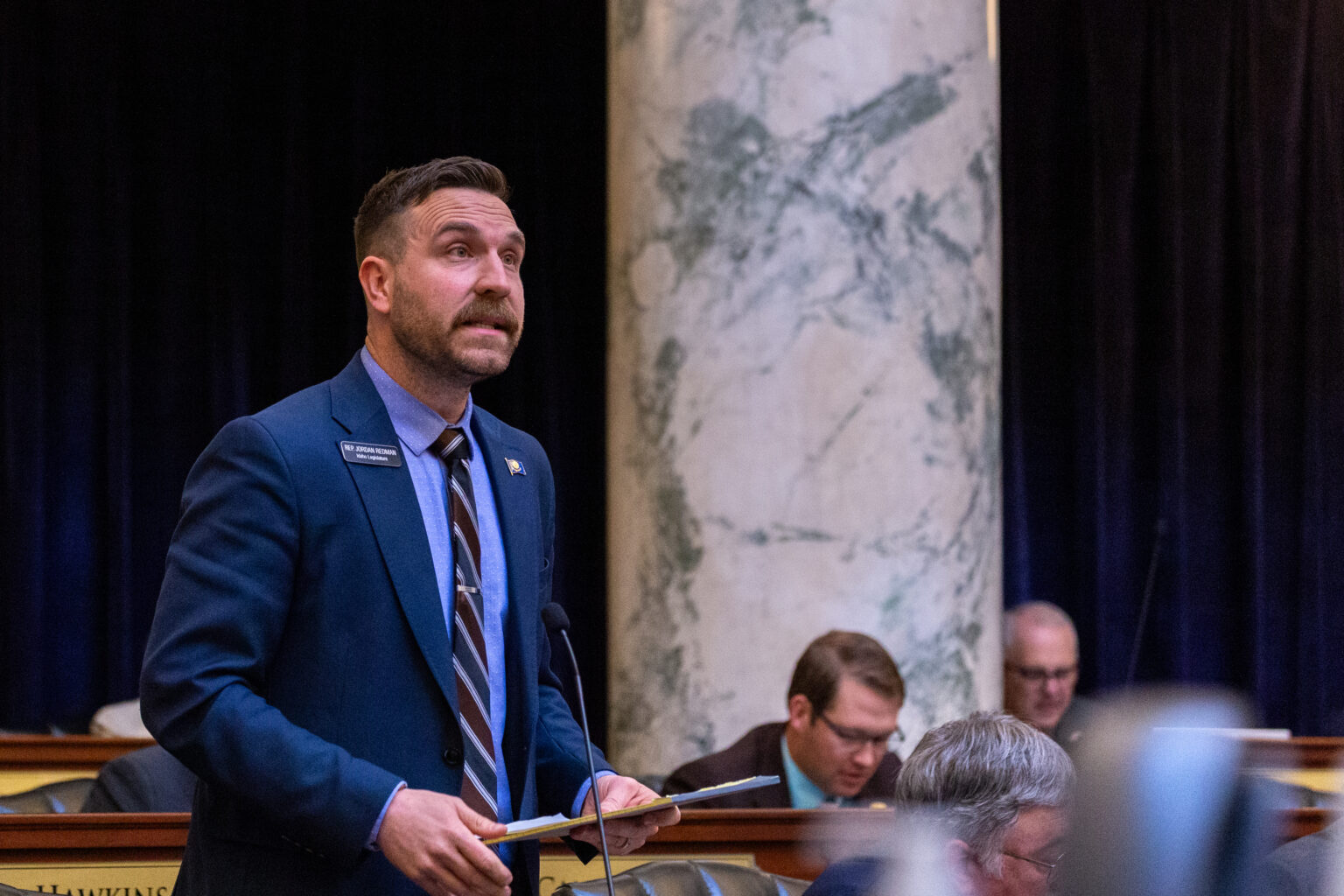In response to Utah’s lawsuit attempting to seize millions of acres of public land, the federal government claims the state’s legal action is baseless.
Attorneys from the U.S. Department of Justice requested in a brief submitted last Thursday that the U.S. Supreme Court reject Utah’s motion, stating that the state’s case is unpersuasive. Furthermore, according to the submission, the state does not satisfy the requirements necessary to permit a petition to be sent straight to the nation’s highest court instead of first passing via lower courts.
The state of Idaho joined Utah’s case, which was filed in August, and it challenges the BLM’s authority to hold onto land indefinitely without designating it.
In Utah, the BLM owns over 18.5 million acres of what the state refers to as unappropriated land; although it does not have an official classification, the land is nonetheless leased for grazing, recreation, and mineral extraction.
Since they have been designated, national parks, national monuments, national forests, Native American reservations, and wilderness areas are not regarded as unappropriated. However, 34% of the state as a whole—most of which is located in isolated western Utah—meets the state’s definition of unappropriated.
According to a public lands case, the federal government does not have the authority to control land forever.
The complaint argues that, despite the State’s objection, the federal government lacks the constitutional authority to control the territory in perpetuity. Utah contends that the Supreme Court ought to rule that the practice of retaining unappropriated land is unconstitutional and issue an order that would initiate the process of transferring a vast 18.5 million acres of land.
However, the federal government claims that the argument is without validity and that there are substantial procedural and jurisdictional obstacles.
The federal government questions why a formal reservation would make a difference legally under the constitution, while Utah contends that the federal government can only retain land if it has a stated purpose.
The federal government claims that Utah’s argument that the federal government cannot keep land over its clear objection violates the supremacy clause of the constitution, which provides that federal law supersedes state law.
Utah contends that Congress must dispose of unappropriated public lands; the federal government counters that although Congress has the authority to do so, it is not required to.
Additionally, Utah brings up a number of policy issues, such as its incapacity to levy taxes on federal property; the federal government argues that the matter is more appropriate for Congress rather than the nation’s highest court.
The brief also criticizes Utah’s use of original jurisdiction, which permits states to file petitions with the Supreme Court without first going through a lower court and then the appeals process. The matter must be between a state and the federal government in order to invoke original jurisdiction.
This is due to the fact that there is no disagreement on state borders, the brief, or Utah’s authority to impose criminal and civil laws on the disputed property.
Like the Idaho Capital Sun, Utah News Dispatch is a member of States Newsroom, a 501c(3) public charity news network backed by grants and a network of supporters. The editorial independence of Utah News Dispatch is upheld. For inquiries, send an email to [email protected] to reach Editor McKenzie Romero. Keep up with Utah News Dispatch on X and Facebook.
GET THE HEADLINES FOR THE MORNING.
Note: Every piece of content is rigorously reviewed by our team of experienced writers and editors to ensure its accuracy. Our writers use credible sources and adhere to strict fact-checking protocols to verify all claims and data before publication. If an error is identified, we promptly correct it and strive for transparency in all updates, feel free to reach out to us via email. We appreciate your trust and support!



